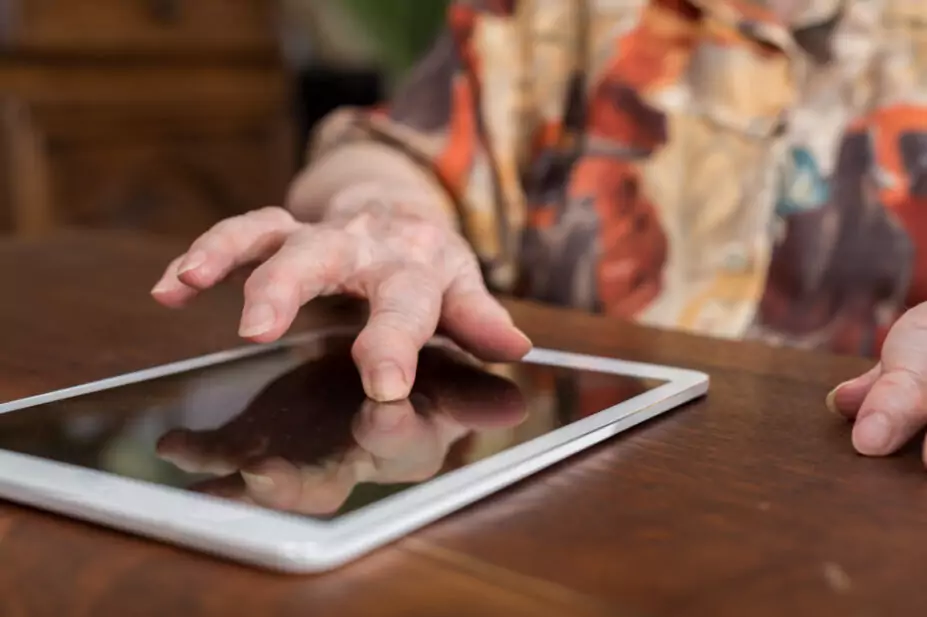
Shutterstock.com
Adults with depression and anxiety disorders are to be offered digital therapies using computers, tablets or smartphones in an attempt to offer earlier help to people who could otherwise face long waits for NHS talking therapies.
The National Institute for Health and Care Excellence (NICE) has provisionally recommended eight “digitally-enabled” therapies that use cognitive behavioural therapy techniques in draft guidance.
The digital therapies should only be offered after an assessment by a clinician and patients should be supported by a NHS Talking Therapies clinician throughout treatment, the guidance says.
NHS data show that almost 1.2 million people used the NHS Talking Therapies service in 2021/2022 — a figure expected to rise to 1.9 million by the end of 2023/2024.
Figures published in September 2022 also show that the waiting time for a first appointment has increased, with 92% of referred patients able to access services within six weeks in June 2021, compared to 89% in June 2022.
Technologies, available as apps or via websites, conditionally recommended for anxiety disorders include: ‘Perspectives’ (developed by Koa Health) for body dysmorphic disorder; ‘Space from Anxiety’ (SilverCloud) for generalised anxiety symptoms or unspecified anxiety disorder; and ‘iCT-PTSD’ (OxCADAT) for post-traumatic stress disorder (PTSD).
Technologies recommended for depression are: ‘Deprexis’ (Ethypharm Digital Therapy) and ‘Space from Depression’ (SilverCloud).
‘Beating the Blues’ (365 Health Solutions) is recommended for generalised anxiety symptoms or unspecified anxiety disorder as well as depression.
The NICE committee said that ‘Iona Mind’ and ‘Wysa’, two technologies for depression that use artificial intelligence or machine learning to adapt the treatment to people’s needs, should only be used in research owing to insufficient evidence.
The therapies were assessed using the fast-track early value assessment system, intended to rapidly identify promising medical technology for use in the NHS.
Elizabeth Mullenger, lay specialist member on the NICE committee, said digital therapies could “transform the experience of people living with mental illnesses”.
“It can be incredibly isolating to be on a long waiting list for in-person treatment,” she said.
“You might know that help is coming, you just don’t know when. Having access to a digital therapy could help prevent this lonely feeling.
“Sometimes people need support most in the middle of the night, or after a busy day at work, and it’s hard to know where to turn. Having access to digital therapy can give people the help they need, when they need it.”
Commenting on the draft guidance, Roz Gittins, president of the College of Mental Health Pharmacy, said: “It is positive that we have got new technologies to take a more innovative approach to extending access to psychosocial interventions. But it is important to acknowledge the need to increase the evidence base.”
NICE’s draft guidance says people would be offered the therapies after being referred to the NHS Talking Therapies Service and having an assessment.
In papers published alongside the guidance, the NICE committee said that not everyone would be suitable or want to use digital therapies and that personal preference and clinical assessment are essential in deciding whether someone used a digital therapy or another form of therapy.
The draft guidance is open for consultation until 15 March 2023.


